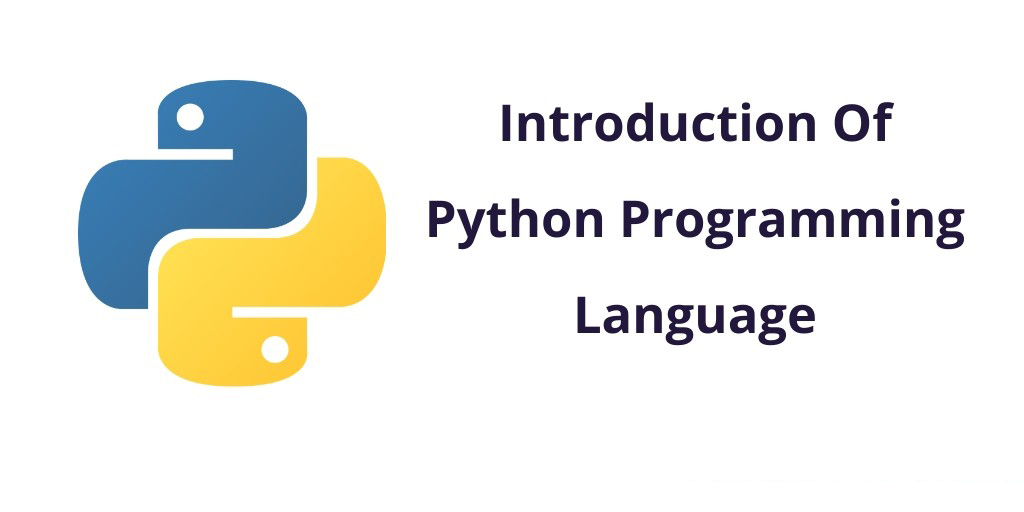As a developer at another company (not Oracle), I once worked the support phone lines as the philosophy of the company was that developers should be familiar with real customers and their applications. I recall one call on a particular morning: a customer was crying because she had upgraded her database. The upgrade had destroyed her data. And, she had no backup. Her research data had been created for her PhD thesis. Sadly, she could not complete her degree since her work had been destroyed.
This true story has always reminded me of how deadly an upgrade can be.
Fortunately, the Oracle MySQL Cloud Service (MySQLCS) software has made the upgrade process more robust. With the MySQLCS software, you can test drive your upgrade process with your application. By spinning up a MySQLCS cloud instance you can:
- Pre-check the new MySQL version to make sure system requirements such as disk space are adequate before the upgrade process begins.
- Mark one less thing on your upgrade checklist. Before the patch begins, a quick MySQL Enterprise Backup automatically makes sure you always have a pre-patched version of your database in the cloud and also stored locally on the VM created by the cloud.
- Down-grade to a previous MySQL version if you see that something is not to your liking with the new patch.
Here’s another consideration: when there is a new version of MySQL, the MySQLCS UI notifies you on your patch ‘panel’ that a new MySQL version has been automatically uploaded to the cloud for you. And, you don’t have to upgrade your version of MySQL. If you decide to upgrade, you can upgrade when it is convenient for you. Not when it is convenient for us.
When I talked to developers and architects attending the Cloud Expo in Santa Clara a few weeks ago about patching in MySQLCS, they really liked the idea of being able to have so much control over the patching process. Moving your Dev/Test use case to the cloud makes so much sense in these days of agile development where you get not only a refined patching process with MySQLCS but also the ability to test drive your new applications with just-released versions of MySQL.
This is only one of the many new features of MySQLCS. Note that MySQLCS is enterprise-ready with all the proven Oracle MySQL Enterprise features that include tight security mechanisms, automatic, fast backups, and a MySQL monitor that can drill down from query execution times to individual query plans.
“The statements and opinions expressed here are my own and do not necessarily represent those of the Oracle Corporation.”
For more information about Oracle MySQLCS, visit https://cloud.oracle.com/mysql .




